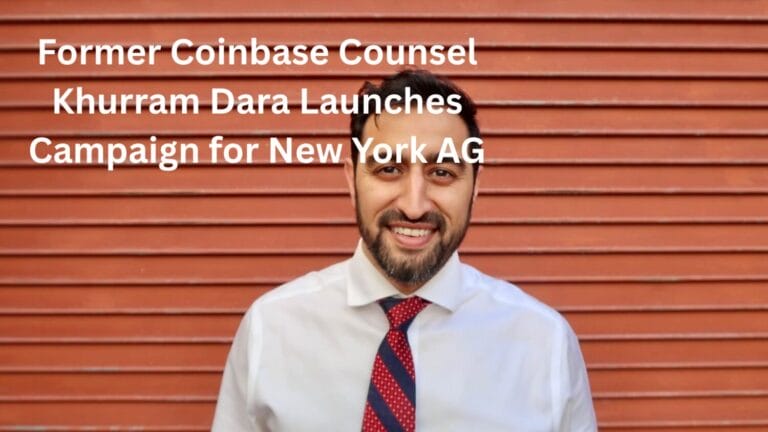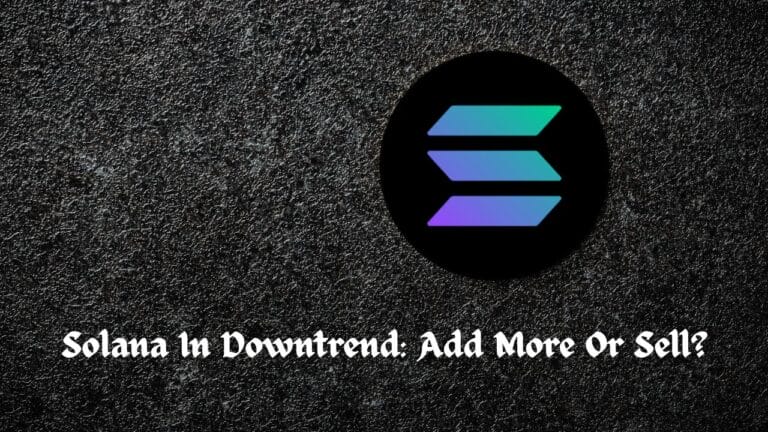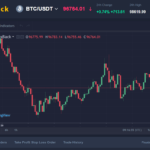Key takeaways:
- In an appeal to the U.S. Securities and Exchange Commission (SEC), Coinbase asked that staking services be treated equally as securities be reexamined.
- Coinbase claims that basic staking services also fall short of the “expectation of profit” standard.
Coinbase, a cryptocurrency exchange headquartered in the United States, proactively decided to speak out about crypto staking after it recently caught regulators’ notice. The business explains why staking cannot be categorized as securities in its petition to the Securities and Exchange Commission (SEC).
Coinbase released the “Petition for Rulemaking” on March 20. The company examined how securities legislation handles services for validating proof-of-stake protocols in an 18-page report. Written in reaction to the SEC’s crackdown on Kraken’s staking program in February, when the exchange was charged with not correctly registering the offering and selling of their crypto-asset staking-as-a-service program, which the SEC deemed to be a form of securities.
Coinbase contends in the petition that staking is not a unified notion. While some current models might qualify as investment contract options, others obviously cannot. The business emphasizes that the core staking services need to pass the Howey test.
Since the opportunity cost of staking is not an investment and users are briefly giving up the alternative use of their assets instead of money, the core staking services do not require a monetary investment.
Additionally, there is no shared business between stakeholders or between stakeholders and service providers. Users still have complete control over their assets and can unstake, sell, hypothecate, vote, promise, or otherwise dispose of them without the service provider’s assistance.
Considering that users’ rewards are merely payments for services provided, Coinbase claims that basic staking services also fall short of the “expectation of profit” standard. And lastly, central staking services involve ministerial upkeep rather than managerial endeavors in conventional investing.
The Committee on Special Investment Advisory Services from 1973, the SEC’s Regulation Fair Disclosure from 2000, and the Commission’s Report of Investigation In response to Section 21(a) of the Securities Exchange Act of 1934: The DAO from 2017 are a few historical examples that Coinbase cites as precedents that the SEC can use to inform its current regulatory work concerning crypto staking.
The company asks the regulators to handle staking services differently by reminding them of the critical economic effects of their decisions on the ecosystem for digital assets.
When Coinbase and Kraken collided in February, Coinbase publicly stated that their staking programs were “fundamentally different” from Kraken’s, and CEO Brian Armstrong said the firm was prepared to defend this stance in court if required.
The exchange warns that oversights in regulation may cause innovation to move to countries with more open regulatory systems, like the EU, UK, Hong Kong, Singapore, and the UAE. Coinbase thinks that productive discussion with the SEC on these matters is feasible without sacrificing protections, preserving American innovation, and keeping the capital of the country markets as the gold standard worldwide.










